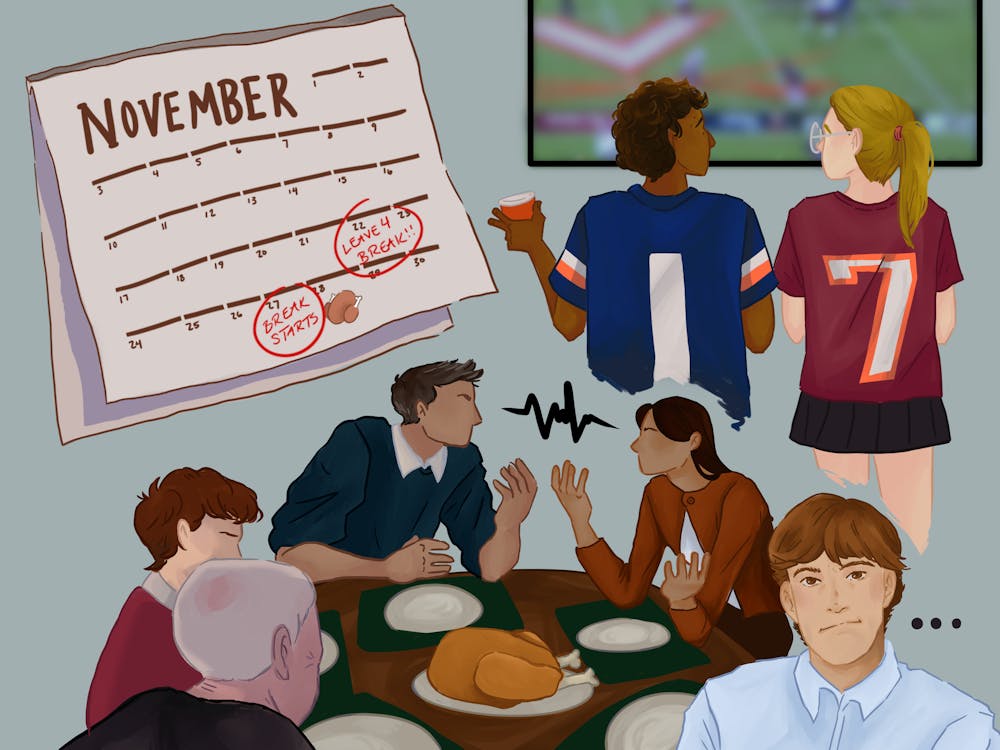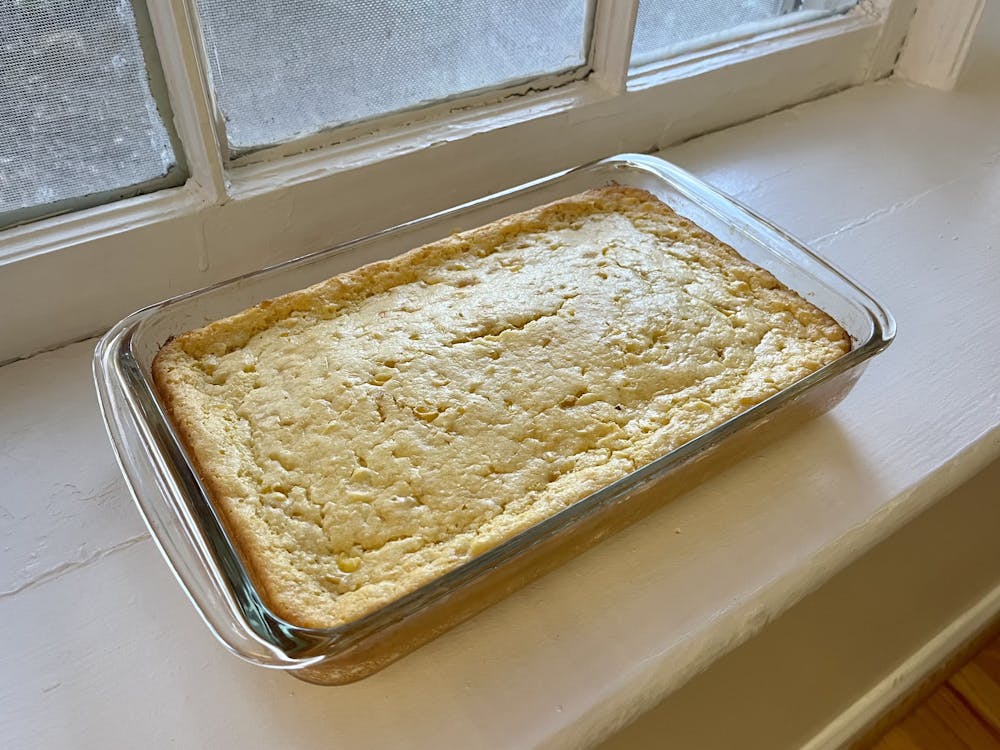Sometimes I get upset about where my generation’s values lie. I look around and see people spending more time on their phones than talking to each other. Before I deleted Yik Yak, I would open it to see countless disrespectful posts written by people hiding under anonymity.
I worry we are losing sight of the important things and forgetting how to be truly human. I get scared about where the future is headed. But any time I get down about all this, I am able to find comfort in literature. A good book never fails to remind me some elements of the human experience never change.
In medieval literature, such as “Doctor Faustus” or “Paradise Lost,” we are confronted with the desire to gain status. Doctor Faustus is never content with his status and literally sells his soul to the devil in order to gain more power. In “Paradise Lost,” the devil is the one who can’t get enough power and seeks to build a kingdom in hell in order to become greater than God.
I think this is a desire that we are all confronted with in some way. Sometimes, we seek out opportunities because of the power they give us in the job market rather than our actual desire to do them. Sometimes, we choose social prowess over genuine friendship.
In Shakespeare, Hamlet grapples with some of life’s most trying struggles — namely, the deaths of loved ones and frustration at family members — in his famous “to be or not to be” soliloquy. Whether or not we personally identify with Hamlet, we have all had our moments of angst. It is comforting to know people have been experiencing similar emotional tumult since before the Renaissance.
In Harper Lee’s “To Kill a Mockingbird,” Scout reminds us what it is like to be a child. We remember what it is like to look upon a broken world with innocent eyes. We remember how fun it was to run around our neighborhood, how easy it was to imagine crazy scenarios and how, sometimes, we just didn’t understand how much we don’t understand.
Additionally, Atticus, Scout’s father, reminds us how difficult it is to stand up for what is right in the face of opposition. He defends an innocent man in court, and he ultimately fails. But in doing so, he reminds us maintaining integrity is valuable regardless of the repercussions.
And of course, modern favorite “Harry Potter” deals with issues of good and evil. Even in a world where everything is magic, the only force strong enough to overcome the evil of Voldemort is love. This isn’t purely fiction. For every cruel thing that happens in the world, there are friends comforting each other, children laughing and parents loving unconditionally.
I don’t actually believe that the world is a depressing place — there is always joy and beauty around me in the faces of my friends or the beautiful spring weather. But on days when I see more pain than joy, I can always crack open a good book and be reminded that ultimately, we are just a group of people struggling through the same things as people centuries before us.
This solidarity derived from literature gives me comfort, because I know regardless of what the future may bring, people will continue to have the same capacity for sadness, for joy, for pride, for humility, for innocence, for justice, for evil and, of course, for love.
Kelly’s column runs biweekly Tuesdays. She can be reached at k.seegers@cavalierdaily.com.





